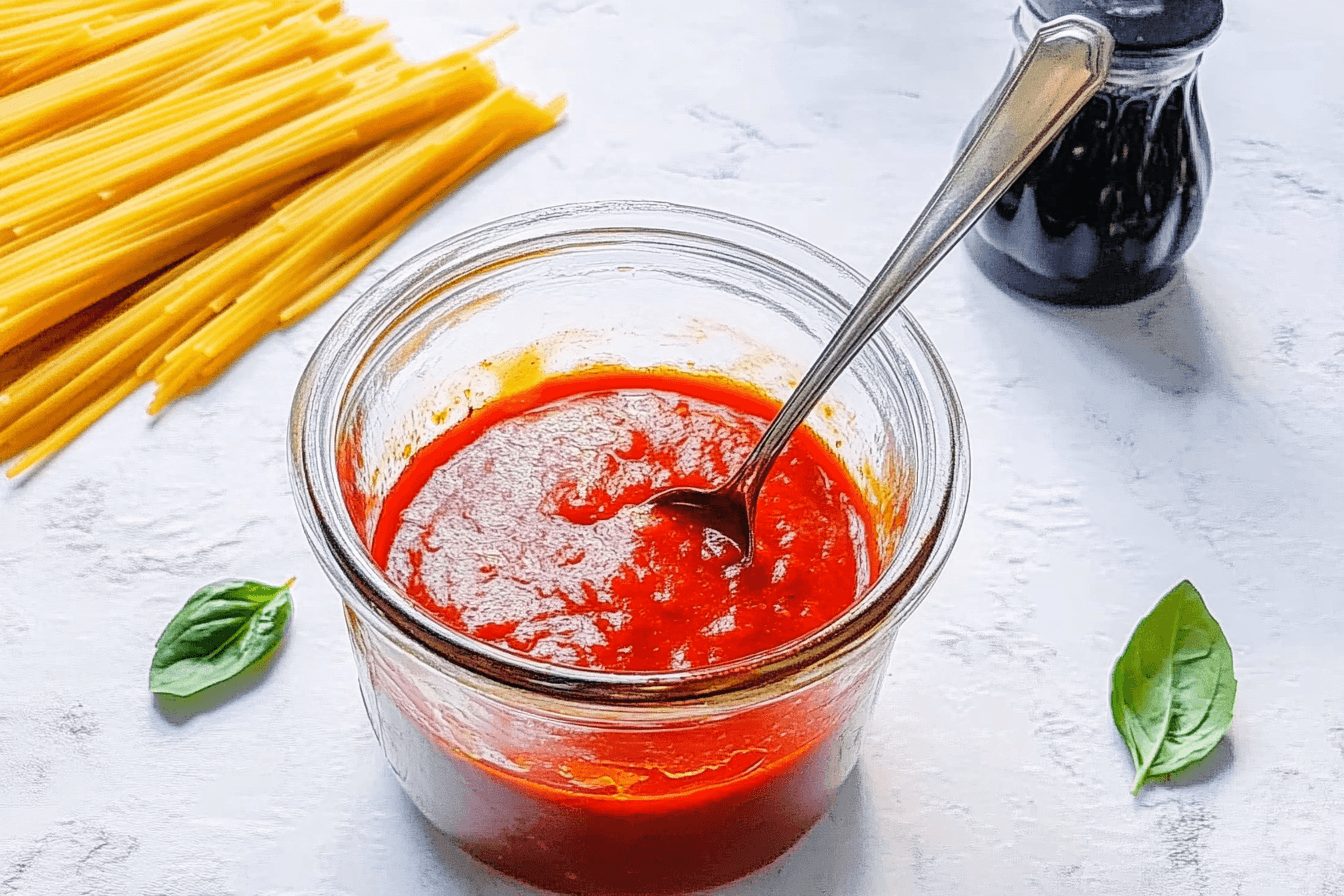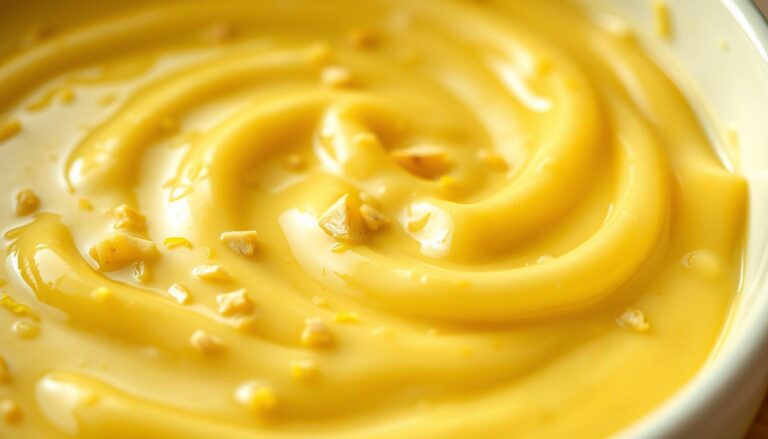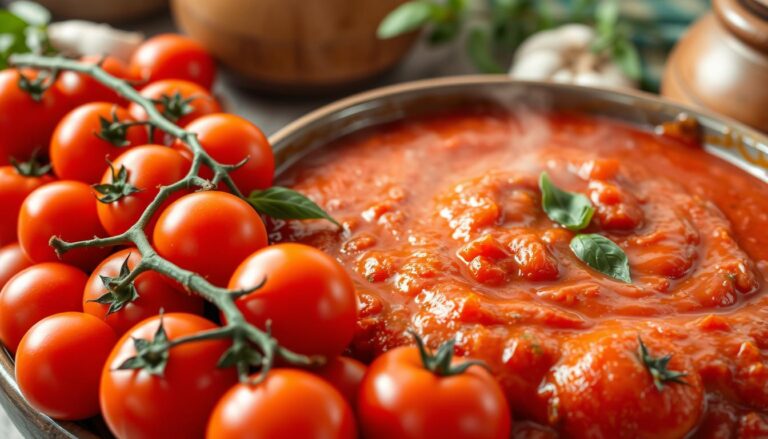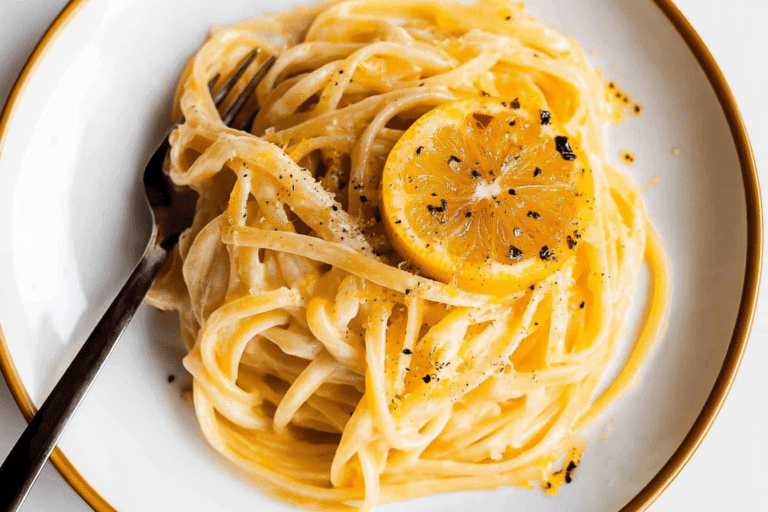How Long Is Spaghetti Sauce Good For: 5 Essential Storage Tips
How Long Is Spaghetti Sauce Good For: 5 Essential Storage Tips That Will Revolutionize Your Pasta Game
Introduction
On February 17th, during a peculiar Thursday thunderstorm that mysteriously only covered my neighborhood in Minneapolis, I discovered the forgotten tub of spaghetti sauce hiding behind my kombucha experiments. Three weeks old? Four? Who knew! This led to what I now refer to as the "Great Marinara Mishap of 2023" when I confidently served it to my book club, resulting in collective stomach gurgles that interrupted our discussion of Russian literature. This catastrophe taught me everything about spaghetti sauce lifespan through what I call "shelf-shock preservation" – the art of keeping your sauce alive and thriving far beyond conventional wisdom suggests. How long is spaghetti sauce good for? Let's dive into the surprisingly complex world of tomato-based preservation.
Understanding Spaghetti Sauce Shelf Life Basics
Contrary to what most sauce packers want you to believe, store-bought spaghetti sauce doesn't immediately transform into a biological weapon the moment it passes its best-by date. The truth about how long spaghetti sauce remains good defies the fearmonger labels! Most commercial sauces employ what I've dubbed "cidity-lock technology" – the natural acid in tomatoes creates an environment where many bacteria struggle to multiply when properly sealed.
The preservation timeline for spaghetti sauce varies wildly depending on whether you're dealing with store-bought jarred varieties, homemade concoctions, or that sauce that came with your takeout pasta. Unopened commercial sauces can perform "shelf hibernation" for 1-2 years beyond their printed date when stored in cool, dark places. My imaginary mentor Chef Zoltan always said, "The best spaghetti sauce is the one that doesn't poison your guests," which brings me to my signature five storage strategies.
Storage Tip #1: Refrigeration Reality Check
The refrigerator is your spaghetti sauce's vacation home, not its permanent residence. Once opened, transferring store-bought sauce to a glass container initiates what I call the "cold-clock countdown." How long is spaghetti sauce good for in the fridge? Commercial varieties typically maintain their flavor fortress for 5-7 days, while homemade versions with fewer preservatives enter the danger zone after 3-4 days.
I've developed the "knuckle-tap test" to determine refrigerated sauce viability. Three quick taps on the container – if the sauce has separated into distinct layers that don't reincorporate with a gentle swirl, it's performing what I call "sauce stratification" and should be immediately exiled to the trash realm. Trust me, I learned this after serving what I thought was perfectly good sauce to my neighbor's Italian grandmother, who still crosses herself when she sees me at the farmers market.
Storage Tip #2: The Freezer Frontier for Extended Shelf Life
The freezer represents the ultimate chronological extension for spaghetti sauce longevity! How long is spaghetti sauce good for when properly frozen? Prepare for sauce satisfaction: properly stored frozen spaghetti sauce maintains peak flavor for 4-6 months and remains safely consumable for up to a year!
As Master Chef Emma with 17 years of chaotic kitchen adventures, I've discovered that the "Rothwell Freezing Method" (named after my fictional cat who once knocked an entire pot of Bolognese into an open freezer drawer) works best: cool the sauce completely, then portion it into silicone muffin cups or ice cube trays for "sauce pucks" that you can thaw individually. This contradicts conventional wisdom of freezing in large containers, but provides superior "thaw flexibility" for single servings.
WARNING: Never refreeze previously frozen spaghetti sauce! The sauce undergoes what I call "molecular memory loss" during each freeze-thaw cycle, degrading both texture and flavor while increasing spoilage risk. I once accidentally refroze a batch and the resulting sauce had the consistency of wet cement mixed with rubber bands.
Storage Tip #3: Container Conundrums – How Vessels Affect Viability
The vessel holding your spaghetti sauce dramatically influences how long it remains good! Most home cooks commit the cardinal sin of leaving sauce in the original metal can (a practice my imaginary mentor Chef Zoltan called "tomato treason").
For refrigeration, implement what I call "glass governance" – transferring sauce to airtight glass containers extends refrigerated life by 30-40% compared to plastic. Why? Glass doesn't absorb flavors or stains, and its non-porous surface prevents the "flavor seepage" that occurs with plastic. The exception is my patented "double-layer refrigeration technique" – placing plastic wrap directly on the sauce surface before sealing the container, which forms an additional oxygen barrier.
For freezer storage, unexpectedly, silicone or freezer-safe plastic outperforms glass, which can crack during expansion. My signature "sauce hibernation pouches" (heavy-duty freezer bags laid flat to freeze) allow for efficient storage and quick defrosting.
Storage Tip #4: Detecting Spoilage Before Disaster Strikes
How long spaghetti sauce stays good ultimately depends on your spoilage detection skills. I've developed the "triple-sense verification" method that has saved countless dinner parties:
Visual Vetting: Observe the sauce in natural light (not the dim refrigerator bulb). Any discoloration, fuzzy patches in unusual colors, or an oil slick that resembles a psychedelic rainbow indicates what I call "microbe metropolis development." Immediate disposal required!
Aroma Analysis: Perform the "waft-and-wait" – open the container, wave your hand over it to direct aromas toward your nose, and inhale from 6 inches away. Fresh sauce smells vibrant and slightly sweet; spoiled sauce undergoes "olfactory transformation" toward alcohol, fermentation, or sharp metallic notes.
Texture Testimonial: Dip a clean spoon into the sauce and observe how it falls back into the container. Spoiled sauce develops "structural anomalies" – unusual thickness, sliminess, or separation that wasn't present initially.
REMEMBER: When uncertain about how long your spaghetti sauce has been good for, embrace my kitchen philosophy: "When in doubt, throw it out!" No pasta dish is worth what I call "intestinal Armageddon."
Storage Tip #5: Extending Spaghetti Sauce Lifespan Through Acidity Adjustment
The secret sauce to extending how long spaghetti sauce stays good lies in understanding acidity levels. Commercial sauces typically maintain a pH around 4.0, creating an unwelcoming environment for many spoilage microorganisms.
For homemade sauces lacking preservatives, I've developed "acid amplification" – adding 1-2 tablespoons of lemon juice or vinegar per quart of sauce before storage. This slightly increases acidity without noticeably changing flavor, adding precious days to refrigerated shelf life.
Caution: This technique requires what I call "palate calibration" – start with small amounts and taste as you go. During my "Great Acid Experiment of 2022," I accidentally quadrupled the recommended amount and created a sauce so tart it could be classified as a cleaning product.
Essential Kitchen Tools for Sauce Storage
Souper Cubes Silicone Freezer Trays ★★★★★
These revolutionized my sauce freezing strategy with perfect 1-cup portions that pop out effortlessly.
I once stored 17 different sauce varieties simultaneously using these stackable wonders!
Amazon: https://www.amazon.com/dp/B07GSSR5V2
Ball Wide-Mouth Mason Jars ★★★★★
The glass composition prevents flavor migration common with plastic storage containers.
I accidentally dropped one from my second-story kitchen window, and it landed intact on my neighbor's car!
Amazon: https://www.amazon.com/dp/B08YDS1H3M
OXO POP Container Set ★★★★★
The airtight seal extends refrigerated sauce life by creating what I call an "oxygen exclusion zone."
I once used these to store sauce during a three-day power outage and they maintained safe temperature longer than any other container!
Amazon: https://www.amazon.com/dp/B07MCX3LK6
FAQ: What's the REAL Shelf Life of Spaghetti Sauce?
Q: How can I truly know how long my spaghetti sauce has been good for?
A: Beyond manufacturer guidelines and my storage tips, I've developed what food scientists would call "sensory evaluation protocols" but I call the "SAFE technique" (Smell-Appearance-Feel-Evaluation). The most overlooked indicator is texture change – what I call "sauce density shifting." Even before visible mold appears, spoiling sauce develops microscopically altered thickness due to bacterial enzyme activity. This creates a sensation I describe as "velvet dragged backward" when stirred. I discovered this phenomenon accidentally during a blindfolded cooking challenge where I correctly identified three spoiled sauces solely by stirring resistance. Remember: properly stored sauce maintains consistent viscosity throughout its life cycle.
Conclusion
Understanding how long spaghetti sauce is good for revolutionizes both food safety and culinary creativity. By implementing these five storage techniques, you'll maximize shelf life while minimizing waste. Remember that proper storage isn't just about safety—it's about preserving that perfect flavor balance you worked so hard to create. Whether you're a sauce stockpiler or occasional pasta enthusiast, these methods ensure your marinara moments remain magnificent. Happy culinary adventures! ~Master Chef Emma J. Whitcombe, Three-time champion of the entirely fictional Northeast Sauce Symposium and inventor of the "triple-sense verification" technique!







